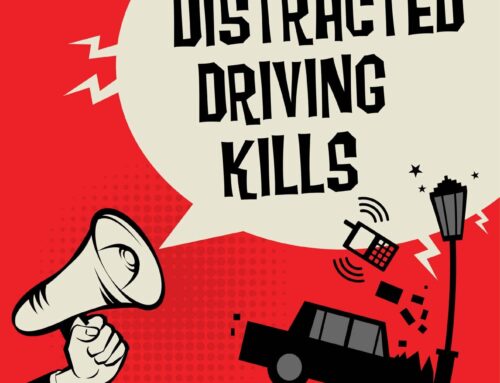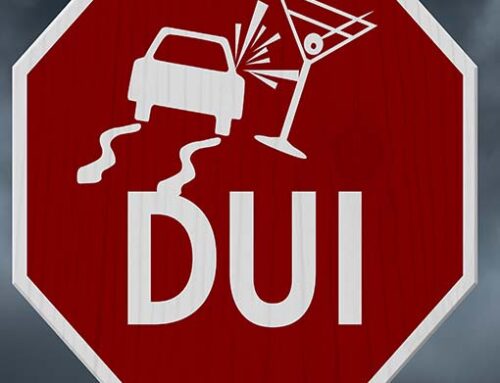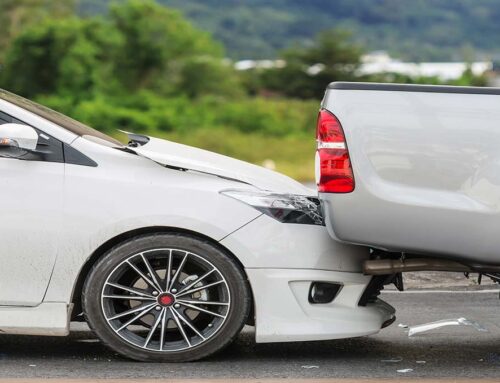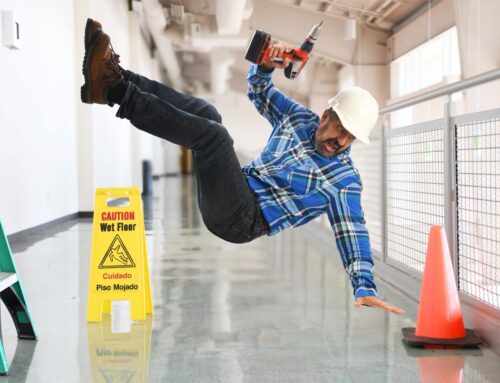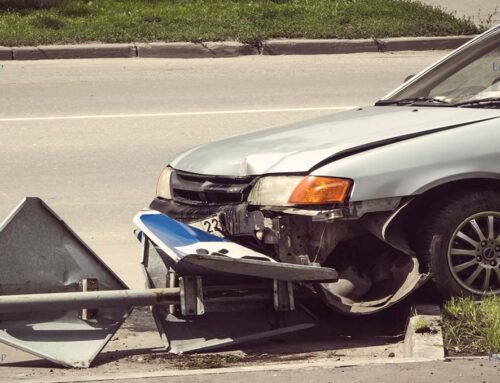What Are the Important Questions to Ask Your Insurance Provider After an Accident?
If you’ve never been in a car accident, know that it can be one of the most stressful moments in your life. Aside from concerns for your physical well-being, there’s also legal and insurance matters you need to think about.
In Las Vegas, you are required to obtain car insurance coverage, which will answer the costs of damage after a car accident.
It’s normal to have a lot of questions regarding your insurance concerns. For one, you might wonder if your insurance provider will cover the damage. If yes, how much or to what extent will the insurance company cover?
In this article, we will discuss the answers to commonly asked questions about car insurance coverage.
What does your car insurance cover?
Your car insurance coverage will depend on the policy you secured for your vehicle. Since it may vary, you will need to ask your insurance provider about the exact coverage amounts.
Normally your car insurance coverage will include minimum coverage for bodily injuries for each person as well as property damage.
While many car owners prefer to have higher amounts of insurance coverage (above the mandatory coverage set by law), some may only secure under-insurance coverage. In cases where the under-insured motorist is at fault and the damage is greater than his or her insurance coverage, the latter shall be personally liable to pay for the difference.
Will a car accident increase your insurance coverage rates?
Yes, if you are the driver at fault. As someone who was responsible for the car collision, your insurance provider may see you as someone risky. Thus, your insurance premiums may go up.
However, if you are not the driver at fault, normally there will be no increase in your insurance coverage rates.
Insurance coverage rates are generally determined based on the motorist’s driving record, type of vehicle, and purpose or use for that vehicle.
What documents or records do you need to secure following a car accident?
Standard practice requires you to report the car accident to the police. This is common where there is major damage to the vehicles involved or when there is someone injured or dead as a consequence. So make sure you secure a police report of the car accident.
Where there are bodily injuries, always call for medical help. Dial 911 for emergency services. There may be need for more medical attention at a later time, as some injuries or symptoms will only become apparent days or weeks after the car accident. So it’s best to keep a record of everything related to your medical care.
Should you keep a record of your car repair costs?
Yes, definitely. Just like the police report and your medical record, you need to secure receipts or documents relating to your car repair (should you decide to have it fixed before securing your insurance indemnity).
Your insurance provider may have a specific car shop for you to bring your vehicle in for fixing. So it’s best to ask about these details before pursuing any repair job.
Things To Carefully Consider Before Telling Your Insurance Provider
Right after an accident, you may be in shock. Stress may get the best of you. Confused, you may make statements while you’re not fully conscious.
Relax. Have presence of mind.
You should always avoid offering your opinions admitting fault. Your insurance provider might accept this as a confession, which they could use to avoid paying indemnity.
Never say you’re not injured. Some symptoms may only appear days or weeks later. When answering critical questions, stick to the facts. Also don’t accept any settlement offers without speaking with a lawyer first.
Need a Las Vegas car accident attorney? Contact Dan Lovell of Empire Law Group.

